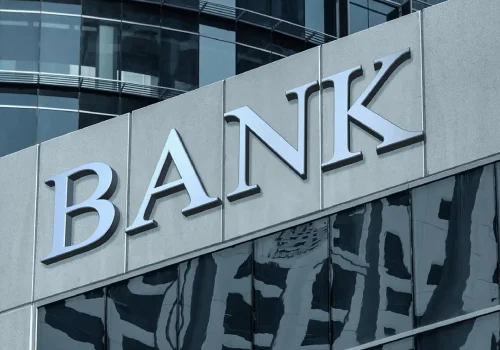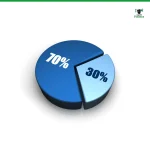Deciding which bank to choose depends on your personal needs and preferences. However, it is always a good idea to understand a bank's interest rates and fees before making a decision.
There are different types of banking institutions, each with its own advantages and disadvantages. Traditional banks, online banks, credit unions, and neobanks are some of the major options. The bank you choose should be evaluated based on everything from interest rates to customer service.
Traditional Banks
Traditional banks allow you to manage your accounts directly and offer services ranging from savings accounts to loans, credit cards, and investment services. They are often better for managing all your financial needs in one place.
ഓൺലൈൻ ബാങ്കുകൾ
Online banks are fully digital and allow users to open and manage accounts online. They are ideal for fee-free banking and digital services. Many online banks also offer offline support, but they primarily operate digitally.
Credit Unions
Credit unions are member-owned financial institutions. Because they are owned by their customers, credit unions often offer higher interest rates on deposit accounts, lower interest rates on loans, and lower fees compared to traditional banks.
Neobanks
Neobanks are not traditional banks but are financial technology (FinTech) firms with digital platforms. They provide banking services through partnerships with chartered banks. Neobanks are generally not ideal if you have full banking needs. Many online accounts, however, do not charge maintenance fees.
നിങ്ങൾക്ക് പൂർണ്ണ ബാങ്കിംഗ് ആവശ്യങ്ങളാണെങ്കിൽ ഈ ഓപ്ഷൻ ഒഴിവാക്കുക.
Bank Fees
When choosing a bank, fees are an important consideration.Here are some common fees to watch out for:
Maintenance Fees: Some banks charge a fee to maintain an account, particularly for savings accounts. These fees can lead to a negative balance if not monitored.
ATM Fees: A bank may charge you a fee whenever you use an ATM outside of its network.
Overdraft Fees: This is a penalty charged when you spend more than the available balance in your account.
NSF (Non-Sufficient Funds) Fees: Charged if there are insufficient funds in your account to cover a transaction and the transaction is returned or declined.
Transaction Fees: Charged when the monthly withdrawal limit from a savings account is exceeded during a statement period.
Bank Interest Rates
Another important factor when choosing a bank is the interest rates offered.
Many banks pay interest on deposit accounts, including savings accounts, money market accounts, and CDs. While average rates are often lower, it’s worth comparing to find the best rates available.






